If you are standing in on a project long-term, it is understandable that you’ll have something come up that will conflict with stand-in work on a particular production day.
This may not seem like a big deal to some stand-ins. For others, it may be a source of immense stress. Perhaps those stand-ins said upfront that they were available for the entire period of their gig. One conflict may seem like going against their word in some way that would upset casting or production.
Here are some tips for managing schedule conflicts when you are standing in long-term on a project.
Talk about Conflicts with Casting When You’re Booking the Stand-In Gig
Perhaps the best method for reducing stress when it comes to having schedule conflicts during your long-term stand-in gig is to get approval upfront from the casting director about conflicts when you are booking the stand-in gig.
When you are being asked about your interest in standing in on a project, agree to the job. Then ask if the casting director would be okay if you had to cancel last-minute from time to time. If you think it is worth sharing, let the casting director know how frequently you might do this (“Maybe once every two weeks?”), so as not to overwhelm the casting director’s imagination with a nightmarish pattern of schedule conflicts.
If the casting director is amenable to possible last-minute conflicts, you are golden when you have to attend that last-minute audition, kid’s ballgame, etc. Follow up by asking the casting director the preferred method for cancelling. Call the emergency casting hotline? Text the casting director? Something else? When a conflict comes up, you can probably relax because you set up the expectation that it may happen.
If the casting director is not amenable to possible last-minute conflicts, you may want to consider more carefully whether to take the long-term stand-in job. Taking such a job may spell stress in your life as conflicts come up during its run. That said …
Think of What’s Reasonable
On some long-term stand-in jobs, one conflicting day may mean that you shouldn’t take the job. For most stand-in jobs, though, this probably isn’t the case. Taking a day off from standing in for a personal matter is not unreasonable or unrealistic. It’s human.
To better understand this perspective, look to other crew members. For example, for some days you will see camera operators you thought were so important to the production not there for the day, replaced by another camera operator for the day. You might see a different AD one day or for a short period of time. You might even see a substitute director for a day or two. Grips, electricians, boom operators, prop assistants, and PAs may regularly switch out … so why not stand-ins?
In a sense, nearly all of the production crew is swappable. It may not be pretty the day a replacement is there, but production will go on without a primary crew member for a day. In most cases, so will production move on without you standing in for a day. Casting will find a replacement to get along while you deal with your scheduling conflict. And usually you will be back on the job your next chance.
Your Similarity to Your Actor May Not Be as Important as You First Thought
Because you may be similar to your first-team actor in some respect, you may fear that the DP may not be able to light your actor right if you’re not there to stand in. Definitely some productions may depend on your similarity to the actor in order to set up shots. However, these productions are few and far between.
Contrary to popular belief, stand-ins don’t have to be that close of a match with their first-team actors. Often a DP can work with nearly any body to light a shot. The camera crew can work with nearly any body to set up the cameras and rehearse a scene.
Even if you’re extraordinarily tall or short to match your actor’s characteristics, production can usually adapt with a different, less matched stand-in if you’re not available one day. Casting will usually find a suitable replacement, and usually you will get your job back the next time your actor is on.
Being Contagious Is Bad for Production
If you’re sick, that likely means you are not available to work. If you’re not that sick, you might be able to tough it out and work. However, if you’re contagious, you’re a risk to production, and you’re probably not welcome to work.
Productions don’t want sick crews. Some productions stage influenza vaccinations free for crew members so the flu doesn’t decimate the crew. As a stand-in, usually you’re just as welcome to get these quick vaccinations as the other crew members — and it’s in production’s interest for you to do so as well.
That said, if you’re sick and contagious, you should probably cancel out on work. Get the rest and treatment you need before returning to your stand-in gig. In the meantime, manage casting’s expectations so that you may return to work. In most cases, you will be welcomed back on set once you’re well again.
Summary
All in all, canceling a day on your long-term stand-in gig is not the end of your stand-in gig in most cases. It’s reasonable and realistic that conflicts come up, that you’ll get sick, that casting will find a replacement for you, and that production will go on. If you can set up casting’s expectations about possible conflicts when you book the job, you’ll be all the better when they do come up.
Have any additional tips for getting days off from your long-term stand-in gig? Share below!
Discover more from Stand-In Central
Subscribe to get the latest posts sent to your email.

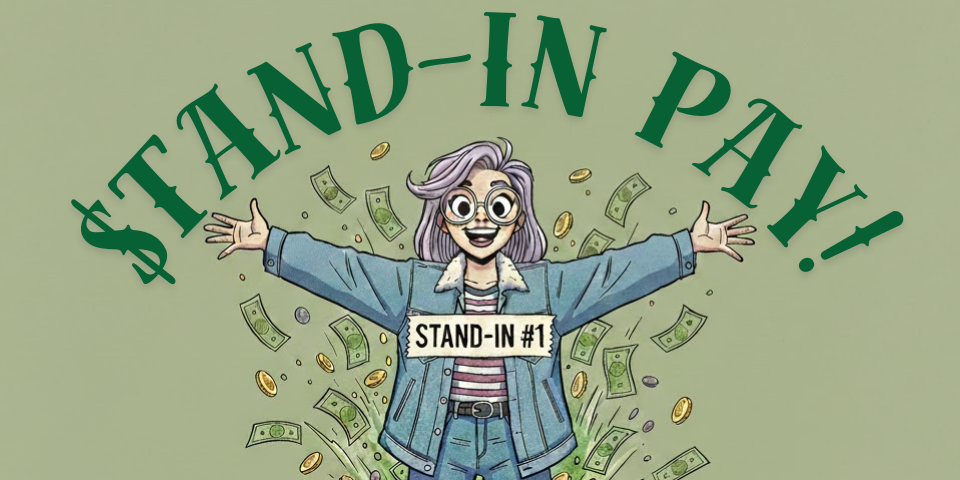
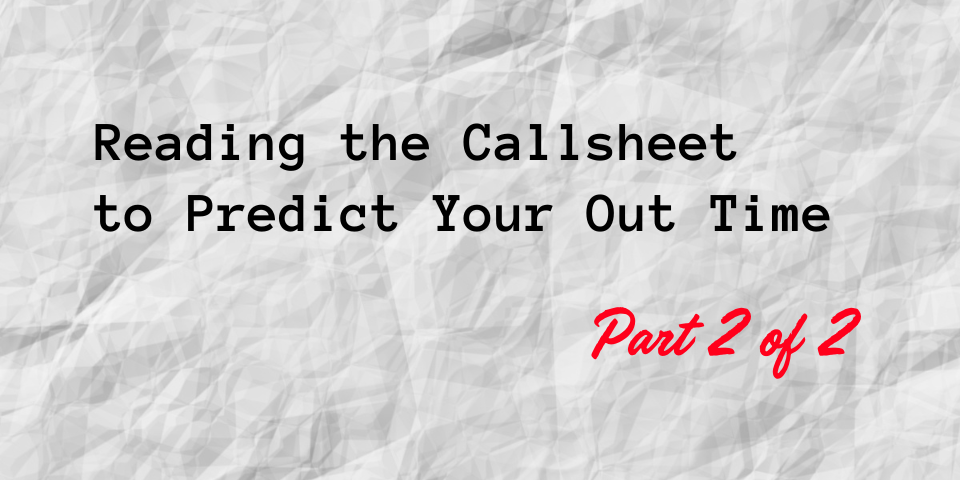
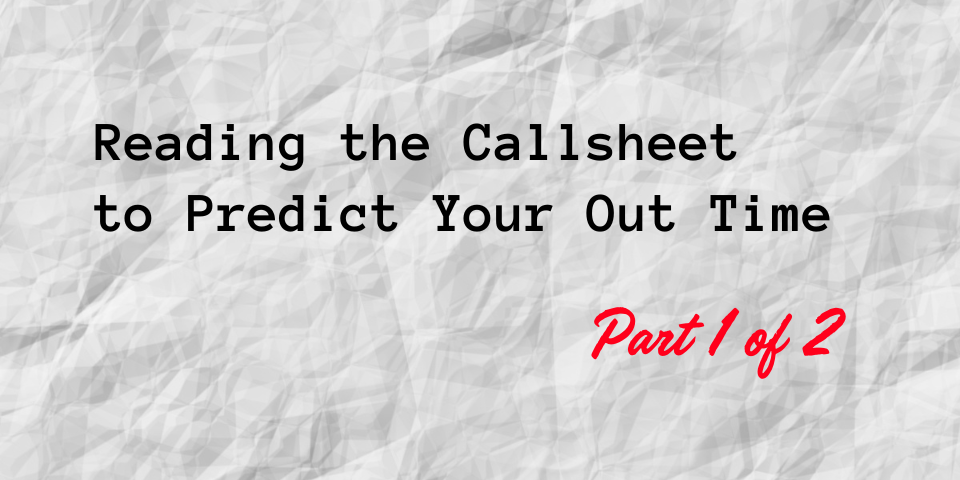
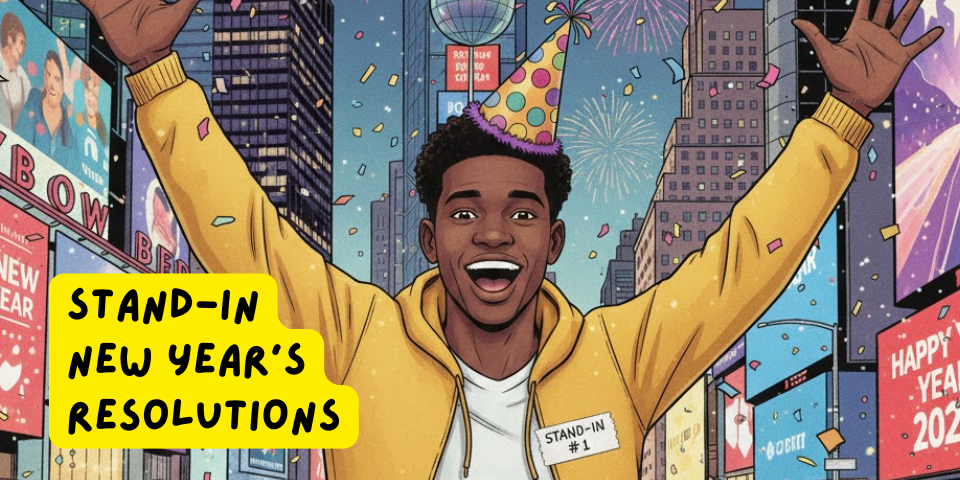
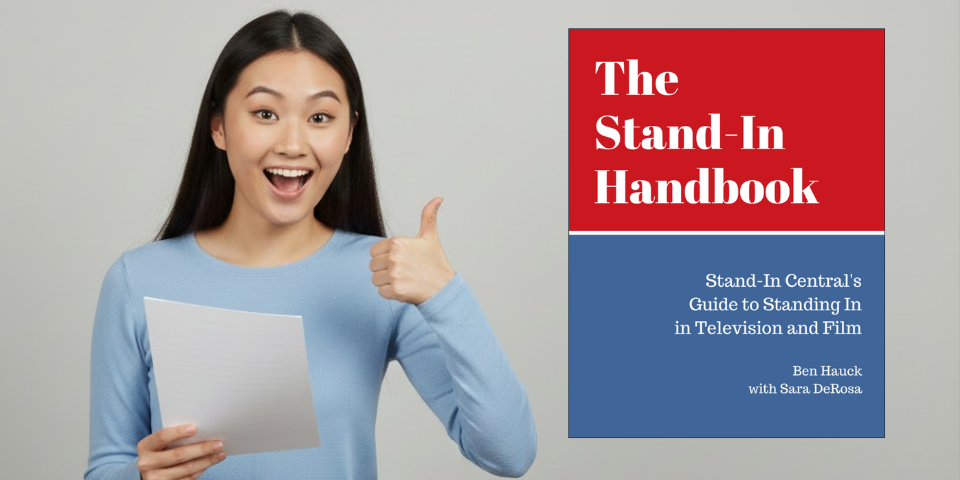
Leave A Comment